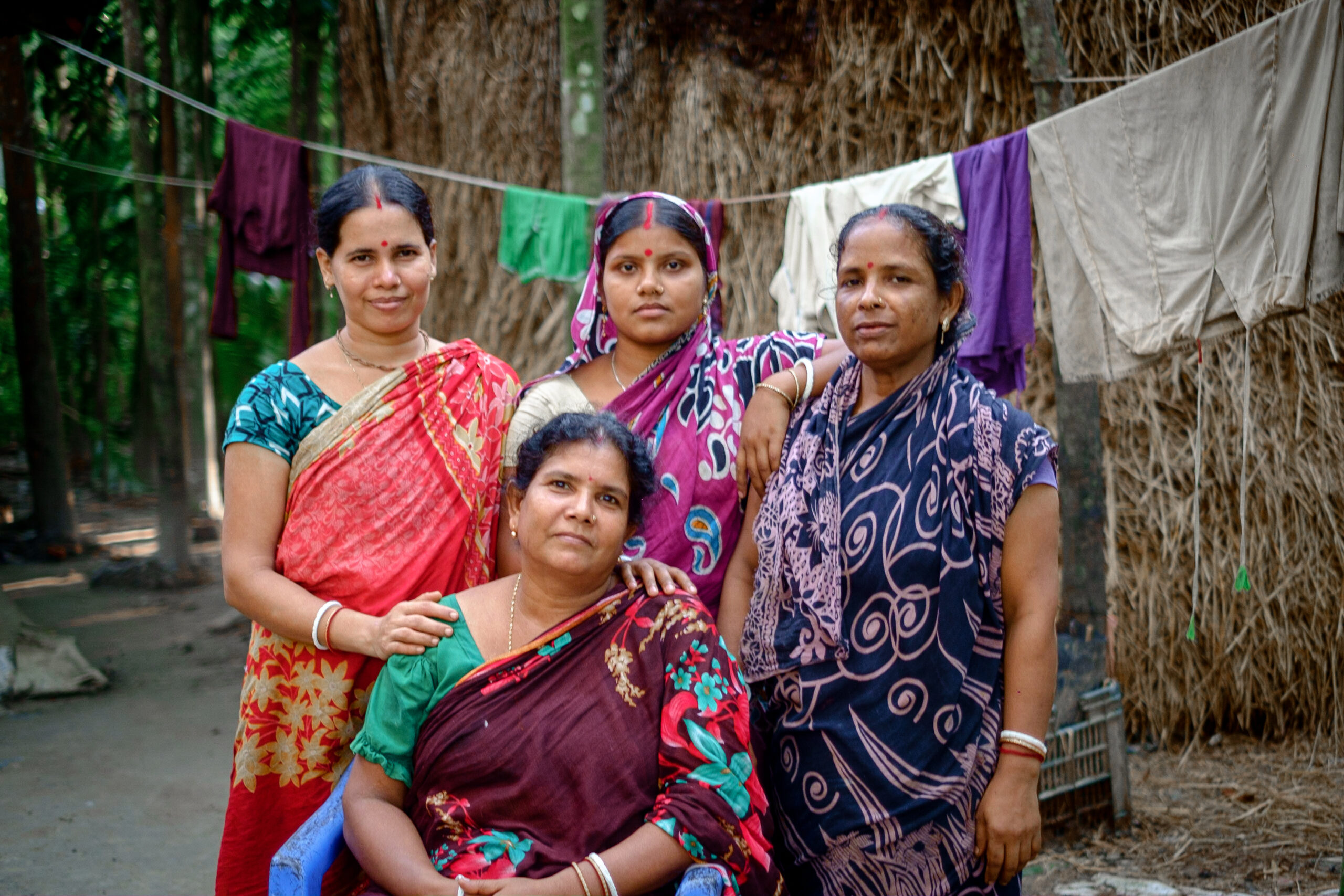Background
The lack of access to clean and efficient energy is a poverty trap that particularly affects women and children in developing countries. Indoor smoke and fumes from the inefficient burning of biomass dramatically increases the death rate through pneumonia, heart disease, lung cancer and chronic respiratory ailments.
In India, household and community-based energy efficiency and renewable energy projects have great potential to reduce indoor air pollution and greenhouse gas emissions, lower energy expenditures, decrease health impacts and create jobs. Despite this, in 2009 the Clean Development Mechanism (CDM) had not yet tapped the potential of this kind of project due to financial, procedural and social barriers.
